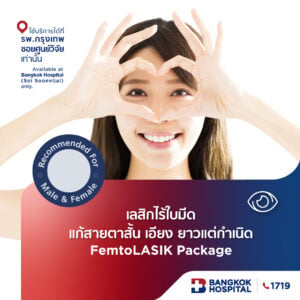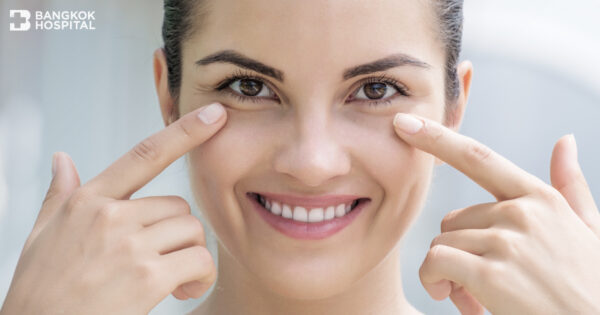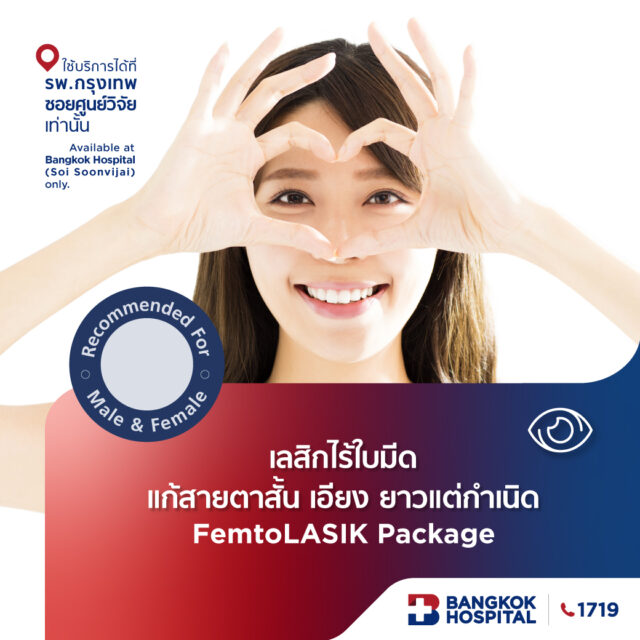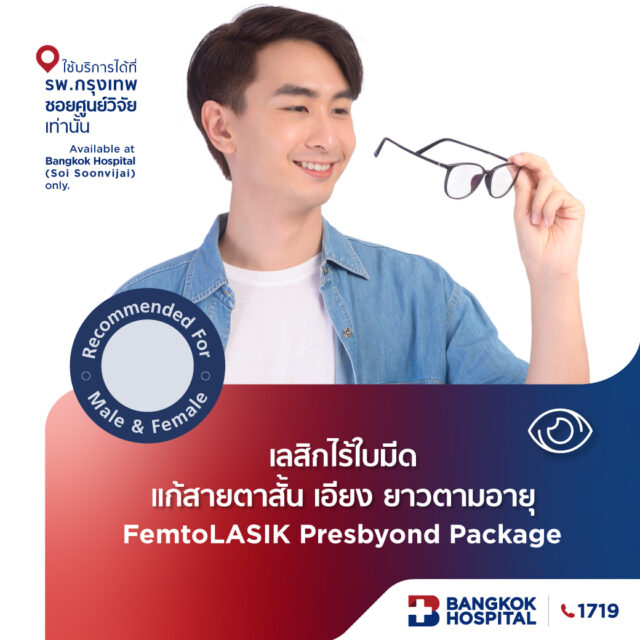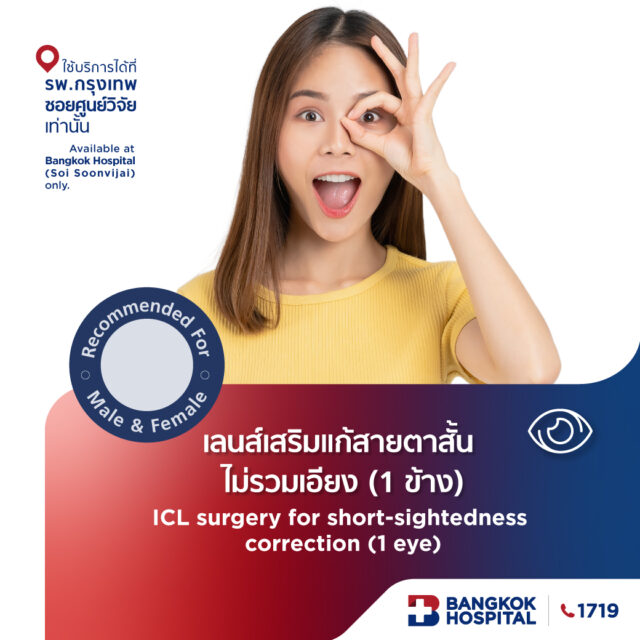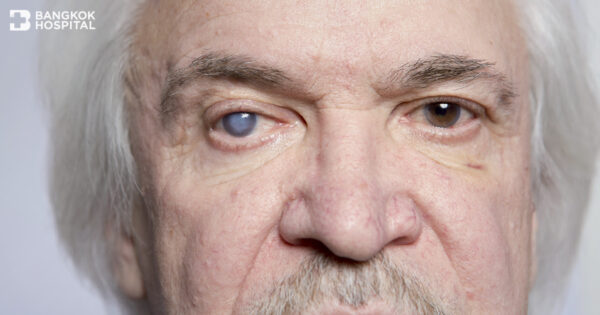Implantable Collamer Lens or ICL is an effective and safe option to treat wide range of eyesight conditions including short-sightedness (myopia), long-sightedness (hyperopia) and astigmatism. The ICL is an intraocular lens that can be implanted into the eye without removing the natural lens. Since the ICL is implanted through a microscopic incision that requires no stitches, it does not alter the natural shape or health of the cornea. It is a low-risk and permanent solution while no maintenance is required. In addition, the lens cannot be felt while in the eye and can be removed if required. Preparation before and after ICL surgery is vital in order to reach the maximum benefit and safety.
Eye examination before making decision
Eye examination is essential test in order to assess vision and ability to focus on and discern objects. Before eye examination, patients need to remove the contact lens and glasses. Eye tests performed by ophthalmologists include:
- Visual acuity, commonly refers to the clarity of vision, corneal topography (corneal imaging test) and Optical Coherence Tomography which affect vision, particularly light sensitivity after testing. It is highly suggested patients to prepare sunglasses and avoid driving after eye examination. Friends or relatives must be accompanied with the patients.
- Eye check-ups to determine overall health conditions. Advantages and disadvantages of ICL surgery will be given after assessment of eye health.
Preparation before ICL surgery
Prior to ICL surgery, patients are advised as follows:
- Take a shower/ a bath, wash your hair and trim your nails.
- Avoid wearing acrylic nails or nail polish 1 day before surgery
- Do not wear any make up or fragrances on the day of surgery since they potentially cause irritation that affects surgery.
- Do not wear artificial eyelashes. Removal of artificial eyelashes is needed at least 1 week prior to surgery.
- Soft food is allowed to take before surgery.
- One relative/friend is needed to company with the patients. Eye shield needs to be placed in order to prevent possible infection and eye scratching.
- Medicines for certain underlying diseases e.g. hypertension, diabetes and cardiovascular disease can be taken regularly.
- Medications that affect coagulation process such as anticoagulant e.g. warfarin and antiplatelet e.g. aspirin must be discontinued at least 7-10 days before surgery, or as advised.
- If abnormal symptoms develop before the day of surgery e.g. eye irritation, these symptoms should be informed to the ophthalmologists as soon as possible.
Taking good care after ICL surgery
Two hours after ICL surgery, the ophthalmologist needs to measure an intraocular pressure. If there is no elevated pressure in the eyes, patients will be discharged. However, if increased intraocular pressure develops, certain medicines to lower intraocular pressure will be further prescribed. After ICL surgery, patients are recommended as follows:
- Prescribed oral medicines and eye drops must be taken strictly as advised by the ophthalmologist. Follow-ups must be maintained regularly.
- After surgery, an eye shield should be placed without removal. The day after surgery, the ophthalmologist will get it removed after examination.
- After opening the eyes, vision might be blurred or unclear. Eyesight will improve gradually. Eye drops should be used strictly. Hand washing is needed every time before using eye drops.
- Keep tap water out of the eyes for at least 2 weeks. Avoid pools, whirlpools and saunas. To clean the eyes, roughly wet and clean cloths should be applied to clean the eyes and face. Eyes must be cleaned gently. To wash hair, lying flat is recommended in order to prevent water getting into the eyes.
- While sleeping, eye shield should be worn to prevent unintentional scratching at least a week after surgery or as advised.
- Wearing sunglasses to prevent direct exposure to the sunlight, wind or pollution is recommended.
- Daily activities can be continued regularly.
- Light exercise at least a month after surgery is suggested. Normal exercise can be continued a month after surgery.
- If experiencing abnormal symptoms e.g. burning sensation in the eyes or blurred vision, medical attention must be sought immediately even before reaching appointments.
- Do not overuse the eyes, for instance, excessive reading books, watching TV or playing computer or phones.
- Pay more attention to children or animals that might cause unintentional injuries.
What to avoid after ICL surgery
- Do not scratch eyes;
- Do not wear eye make up at least 2 weeks;
- Do not lie on the side of affected eyes;
- Do not expose to the water e.g. swimming at least 1 month;
- Do not lift heavy objects;
- Do not bend the head under the wrists e.g. picking up fallen stuff or wearing shoes; and
- Avoid staying in polluted areas at least 1 month.
Attention should be paid before and after ICL surgery in order to receive the best possible outcome and reach maximum degree of safety. More importantly, to ensure the degree of effectiveness, this procedure should be performed by experienced and well-trained ophthalmologist supported with advanced technology in the hospitals with international standards.
“For a better vision, choose ICL.”


